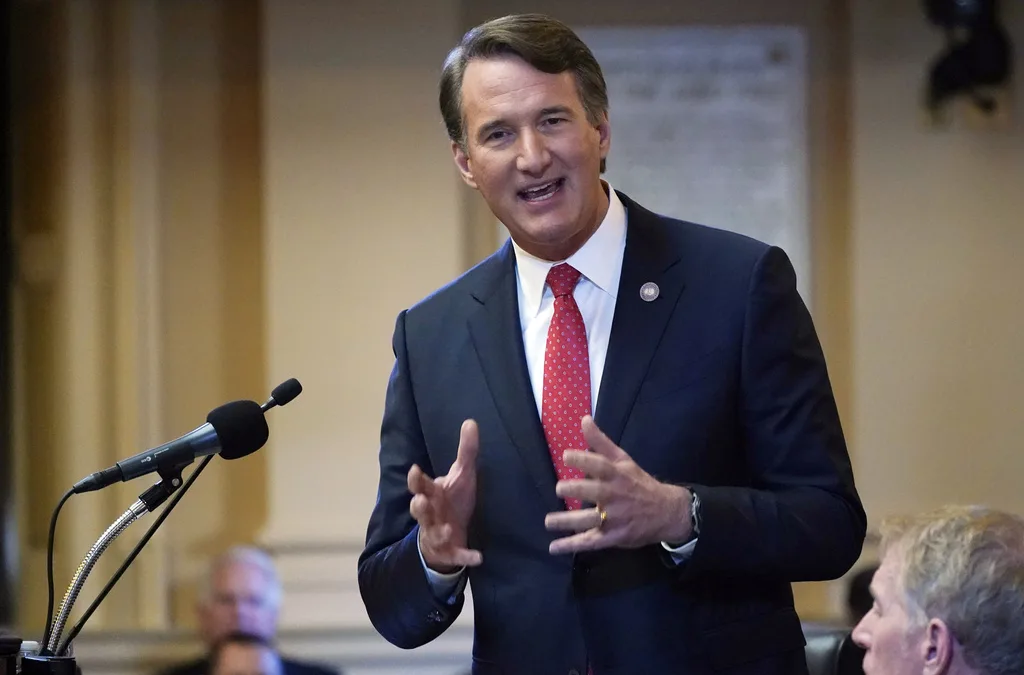Virginia’s first responders experience suicidal thoughts at a rate of more than double the general population, and nearly one-in-four suffer from work-related depression, according to a new mental health survey conducted by the Fairfax County police, the U.S. Marshals Service and the Fairfax Coalition of Police Local 5000.
Nearly 4,900 police officers, firefighters and 911 call dispatchers across 26 law enforcement agencies in Virginia responded to the survey.
The survey also found that nearly half of respondents felt hypervigilant and couldn’t stop looking for threats, even in their own homes, w,lhich is a common reaction for those who have been exposed to trauma.
Three out of ten respondents also said they avoided seeking help because they wanted to ”tough it out” or handle their issues on their own. Another 30% feared the stigma associated with mental health issues, or were concerned that their employer would find out.
Fairfax County Police Chief Edwin C. Roessler Jr., who sought treatment for his own post-traumatic stress disorder, told the Washington Post that the survey shows that police departments need to do more to address the mental health of their first responders.
“We need to do a better job…It’s going to take a long time to get rid of this stigma,” Roessler said.
Nearly 8% of the first responders surveyed admitted to having recent thoughts of suicide, significantly higher than the estimated 3% of the general American population that has experienced suicidal thoughts.
While 23.7% of respondents said they suffered from depression because of their work, the rates of depression increased substantially based on how long an officer had been on the job.
Only 12.5% who had been on the job less than five years reported feeling depressed, but 24.6% of respondents with six to 10 years of experience reported suffering from depression. For respondents with 11 or more years on the job, the rate of depression rose to more than 27%.
Jasysn Carson, director of Incident Support Services for the Fairfax County police and one of the authors of the survey, told the Washington Post that unless they address and treat depression, they’re not going to be able to stop the suicide epidemic among first responders. Carson said he was aware of six suicides in the department in the past six years.
While suicide rates for first responders remain a subject of date, a 2018 study found that police officers had a 69% higher risk of suicide than the general population.
Blue H.E.L.P., a nonprofit run by active and retired police officers, medical professionals and victims’ families, recorded 169 police suicides in 2017, 167 in 2018, and 142 so far in 2019.
In contrast, 144 police officers died in the line of duty in 2018, according to the National Law Enforcement Officers Memorial Fund, meaning that more police officers died by suicide last year than in the line of duty.
Professor John Violanti of the State University of New York at Buffalo, who studies police suicide, told the Washington Post that the stress law enforcement officers experience is comparable to what soldiers at war deal with.
“They see this terrible stuff all the time,” Violanti told the Post. “They are exposed to this stuff for almost 20 to 25 years over the course of a normal career. The problem with trauma is it’s cumulative. The more trauma you experience, the more likely you are to get PTSD.”
As for how to address the issue, the authors of the survey made several recommendations. They said the “suck it up” attitude that has contributed to poor mental health outcomes for first responders needs to end. They also encouraged law enforcement agencies to be open and public about the toll that the job takes on first responders and to educate both their employees and the communities they serve about the issue.
The report also recommends establishing prevention and wellness programs so that first responders can learn self-care to mitigate some of the effects of the job and asks law enforcement agencies to “stress that there are evidence-based treatments” for the problems that first responders are reporting.
The report concludes that the law enforcement officers who responded to the survey “have shown the courage to speak; now it is the responsibility of their agencies to respond.”
Politics

Opinion: The problem with Youngkin’s Charter-Lab schools push in 2024
The Problem Governor Glenn Youngkin introduced 233 amendments to the bipartisan budget so it was hard to know how to assess his budget–for example,...

What to know about Trump’s legal issues
Over the past year, former president Donald Trump has become the center of not one, not two, not three, but four criminal investigations, at both...
Local News

Virginia verses: Celebrating 5 poetic icons for National Poetry Month
There’s no shortage of great writers when it comes to our commonwealth. From the haunting verses of Edgar Allan Poe, who found solace in Richmond's...

Join the fun: Recapping Family Literacy Night’s storybook adventures
When’s the last time you read a book aloud with a loved one? If it’s difficult to answer that question, then maybe it’s time to dust off that TBR...




